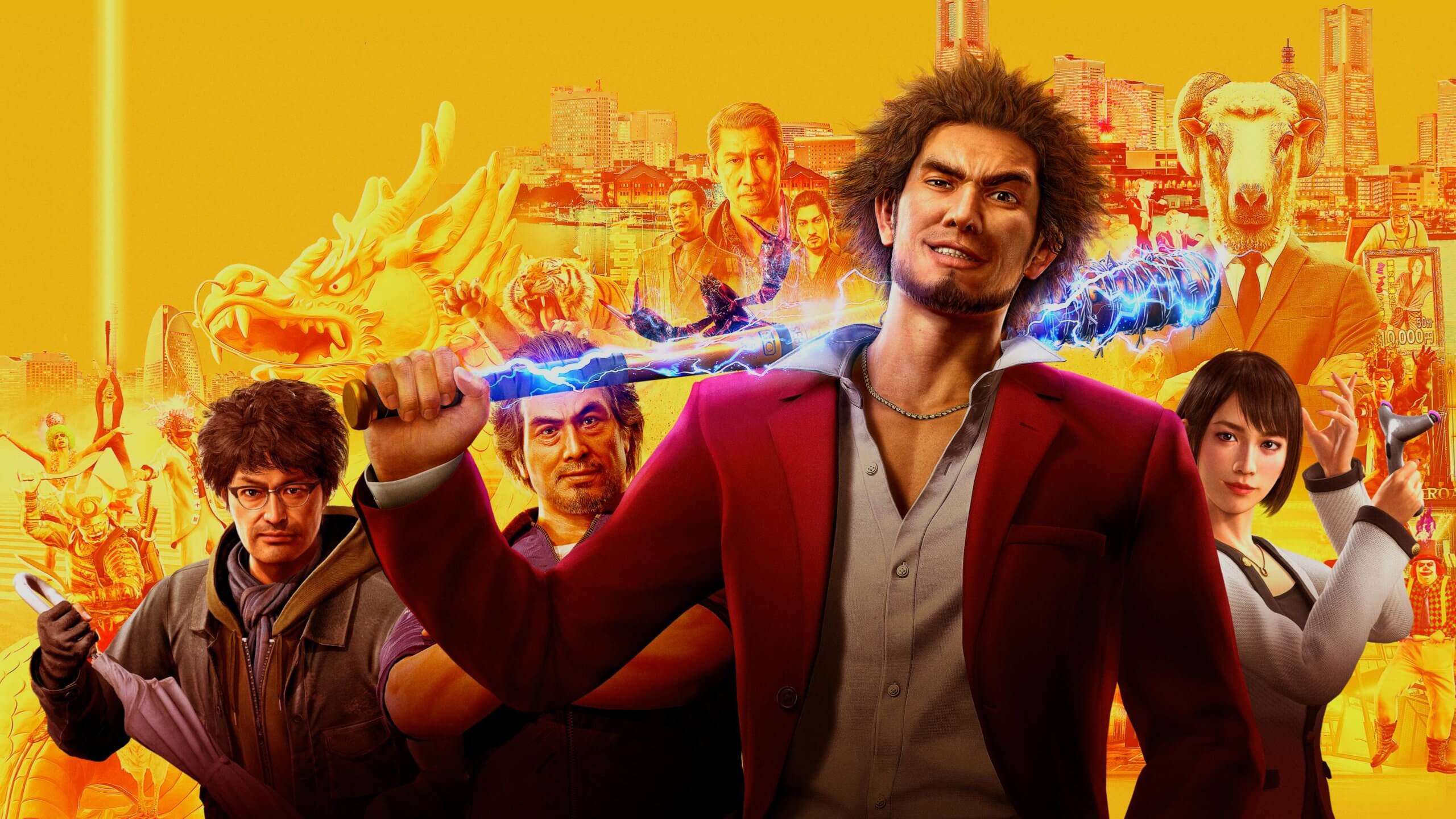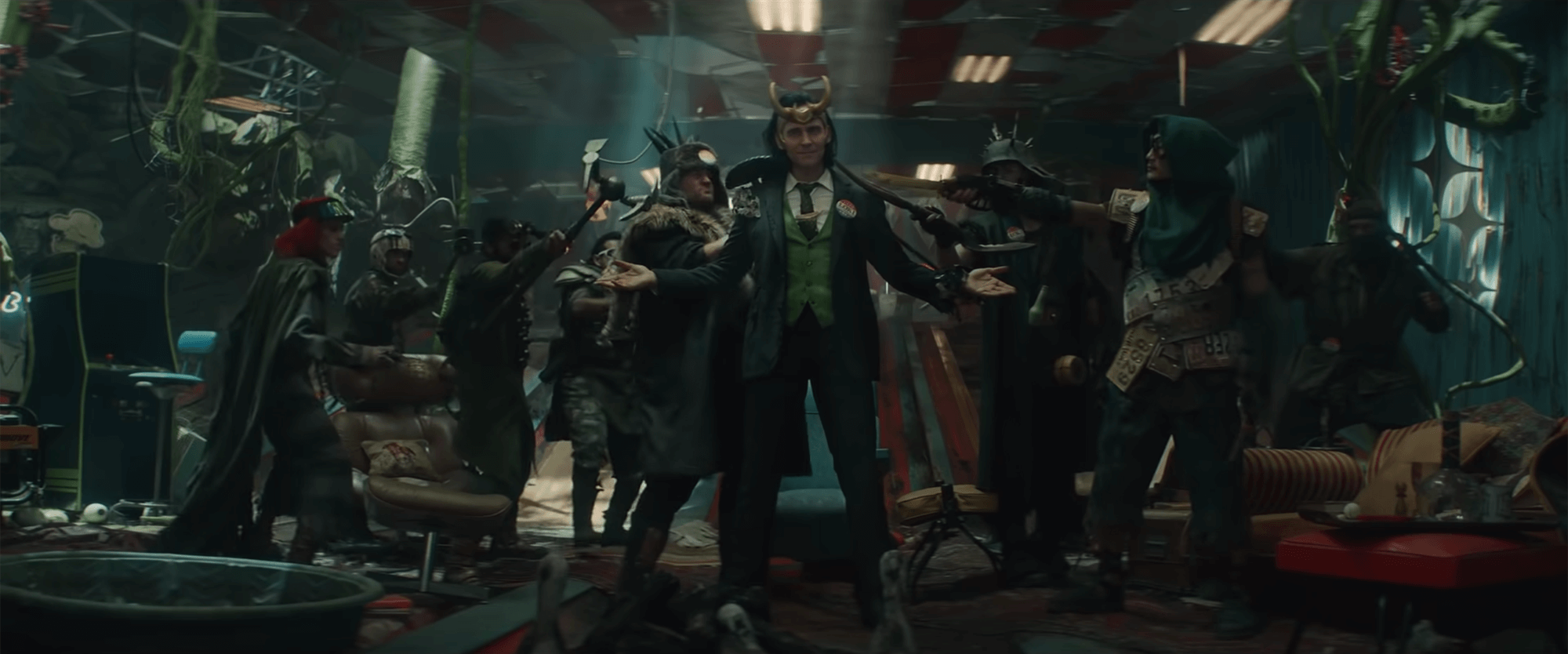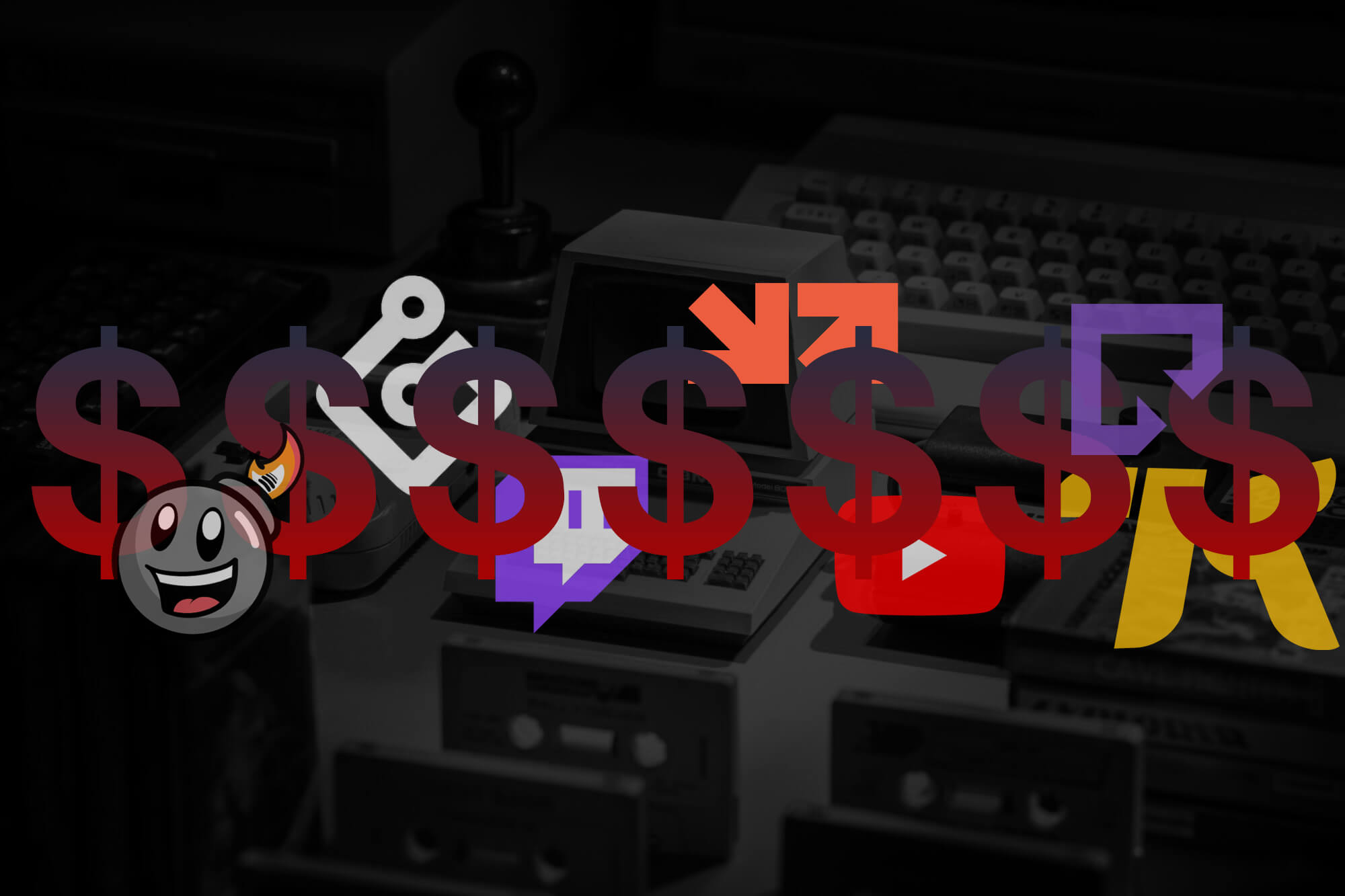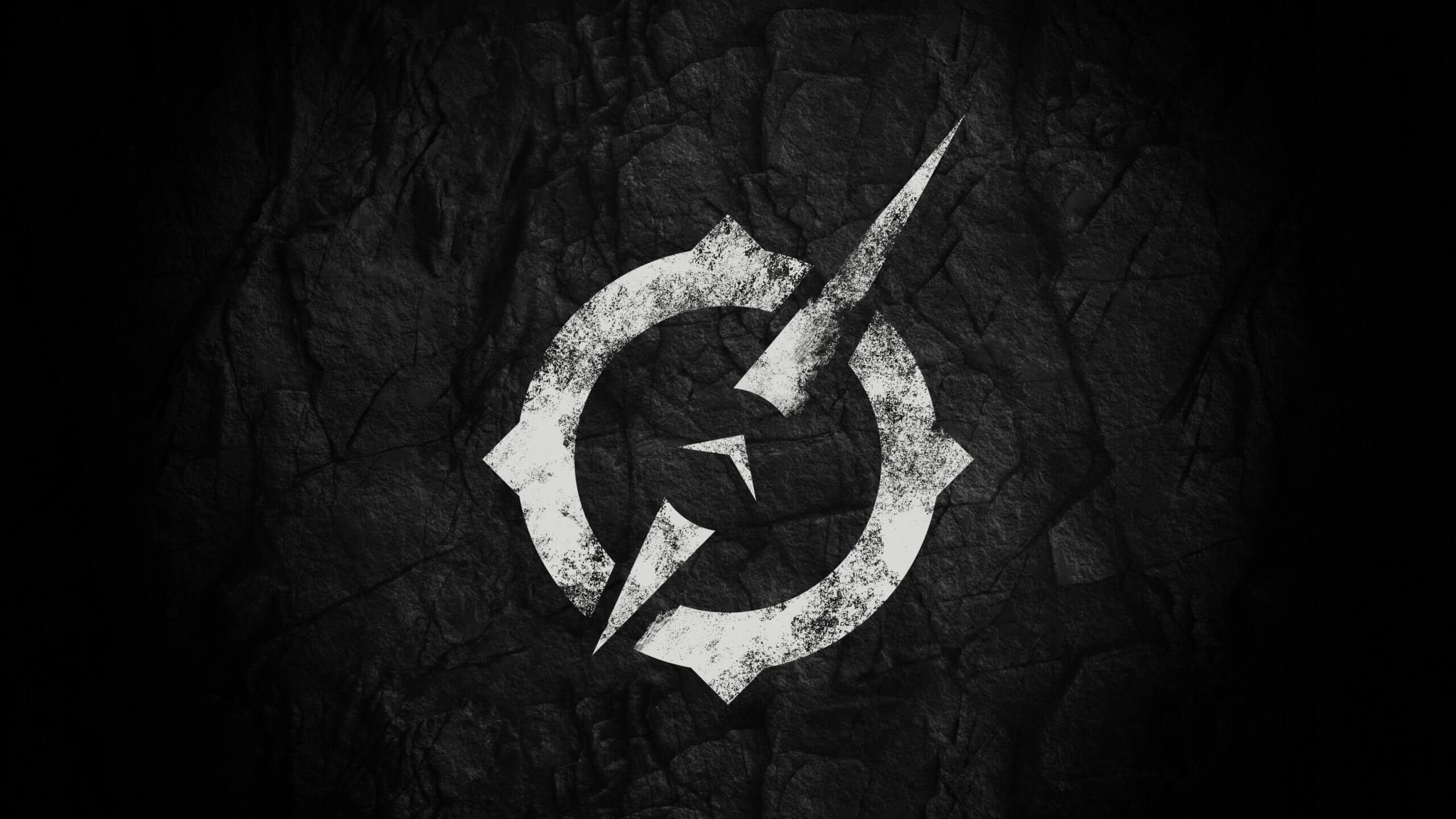Ichiban Kasuga and his crew hit the streets of Ijincho. They make their way to the arcade to play some Space Harrier, they get stopped by a group of troublemakers looking for a fight. Ichiban hits a homeless man with his bat. His friend, Koichi Adachi, gets stabbed by the sharp end of a trident from a large shirtless pirate. Just another day in Yakuza: Like a Dragon. Maybe tomorrow they will stop a shadowy Korean-Japanese mafia from stealing power from a local bar, or helping a little girl raise money for her brother’s surgery. It’s a strange ride, but a great one.
Setting Itself Apart
Yakuza: Like a Dragon is the latest game in the Yakuza franchise, although it is a departure from its predecessors in many ways. A new protagonist, Ichiban Kasuga, teams up with an eclectic cast of characters to help the district of Isezaki Ijincho unravel a conspiracy revolving around three warring gangs, called the Ijin Three. Combat occurs in turn-based RPG fashion inspired by Kasuga’s beloved Dragon Warrior franchise. This is the seventh game in the Yakuza series, but it’s a new lead character, a new city, and a new combat system. As such, coming into this one having never played any of the previous Yakuza games like I did won’t hamper your experience.

Like a Dragon pulls in standard features of many modern-day RPGs. As you work through the story, you’ll team up with various characters that provide your party with a swath of skills. You level up with experience points, change your job classes, and manage equipment as you would expect from any other game genre. Where Like a Dragon separates itself is in the worldbuilding around those elements. Instead of a fighter or healer class, a character might take on the role of a hammer-wielding foreman or a soothing musician. Even changing jobs takes place at a temp agency. It’s a peculiar city, but it’s also interesting and beautiful.
Graphics on the Playstation 5
The PlayStation 5 keeps things running at a smooth, high frame rate no matter how bombastic things were getting on screen. The game always looks great, whether you are using your cell phone to call an army of crawfish to pinch the noses or you are helping a homeless man find the confidence to confess his love and work on himself.
The World and Characters
Yakuza: Like a Dragon often bounces between silly, lighthearted shenanigans to serious, significant events. Kasuga is impulsive, compassionate, and weird. The story and world echo that on a grand scale, where peaks and valleys of momentum where the heaviness of one scene will propel you into the silliness of the next and vice versa.
The characters that form your party are full of their own emotions, goals, and struggles. They all feel like fully realized characters that don’t rely on tropes or tokenization to fill out the squad. Watching a movie, getting some food, or just wandering around the city can lead to short scenes that give you further insight into their motives, history, or maybe just what kind of beer they like.

Gameplay and Combat
As you complete quests, explore the town, and fight baddies, you’ll gain experience and job points to strengthen your party. You’ll collect weapons and gear to improve your stats and unlock skills to take advantage of enemy weaknesses, such as fire, ice, blade, or bullet damage. While the loop of combat is fun, there are small inconsistencies that can make some fights unclear or lead to unexpected actions.
For example, you may have an area-of-effect attack you want to use to take out a group of bad guys. But enemies (and your party) move randomly around the battlefield and can’t be manually controlled, and there is no clear indication of who all will be hit. So you end up just targeting one enemy and sometimes hoping for the best. If you wanted to run up and hit an evil businessman with your police baton, you may run next to a different enemy who might trip you and cancel your action. It can be frustrating, but thankfully combat and bosses are pretty reasonable in difficulty. That is, until they aren’t.
Near the end of the game, the story and enemies you encounter take a significant leap in challenge. Where you have been able to mainline the story up this point, you are now forced to grind levels and gear in between just about every boss fight. What was once a fun system gets rather frustrating as bosses get resistances to many of your standard attacks and can knock out your characters in one or two turns. Also, when Kasuga gets taken out, it’s an immediate game over – a relic of past roleplaying-games I can do without.

Closing Thoughts
Despite the hurdles of the final acts, I was able to power through and am very glad I did. The entire experience is full of fun twists, interesting characters, and a wonderful balance of zany antics and grounded, heartfelt moments. The combat is familiar but offers fun variance with grounded versions of traditional job classes and enemies. If you’re looking for a wonderful and meaty RPG to sink many hours into, Yakuza: Like a Dragon is definitely for you.




